Manufactured Home
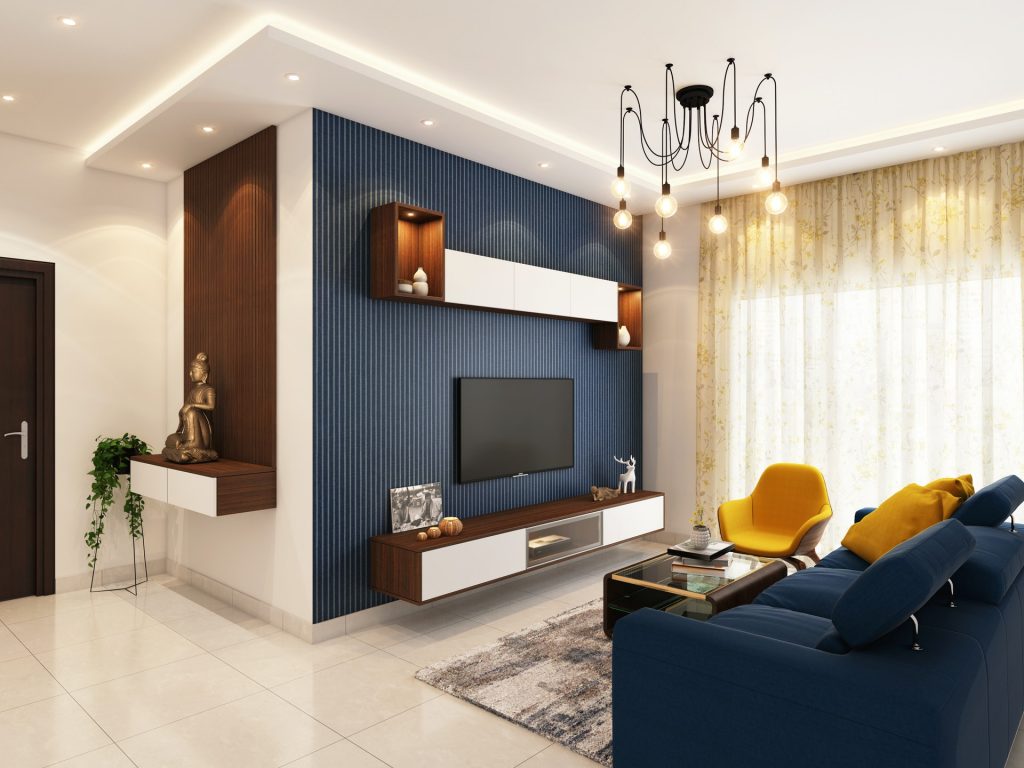
Is a Manufactured Home a Mobile Home?
The terms ‘manufactured homes’ and ‘mobile homes’ are often used interchangeably. However, the two are very different in terms of…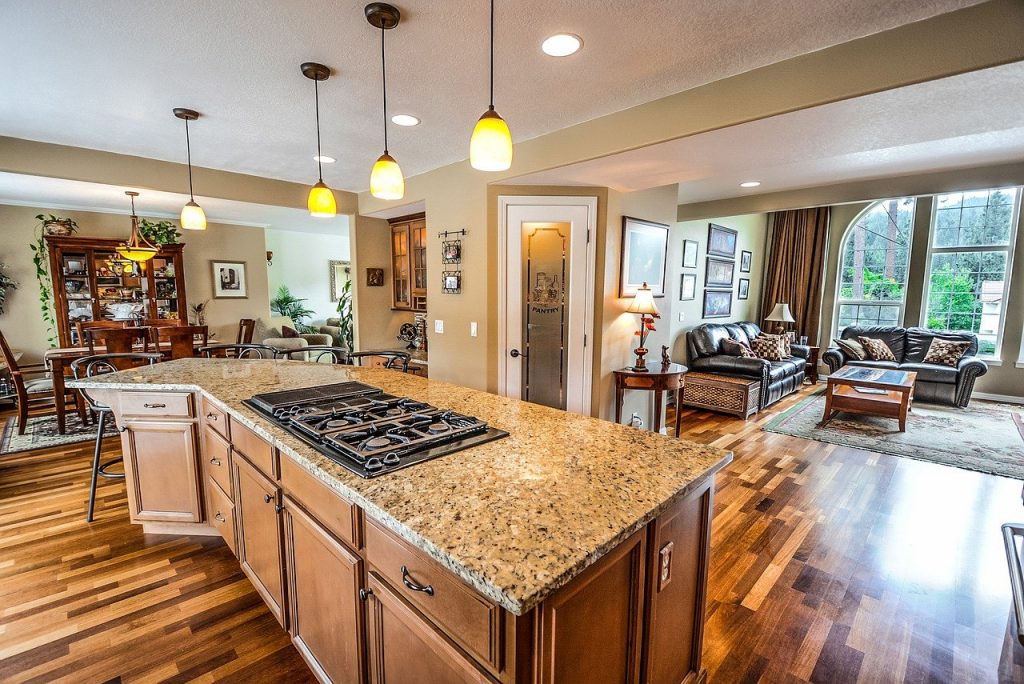
The Top Furniture Stores in Fenton, Michigan
You’ve just moved into a new apartment, or maybe bought a home at last after years of saving, and the…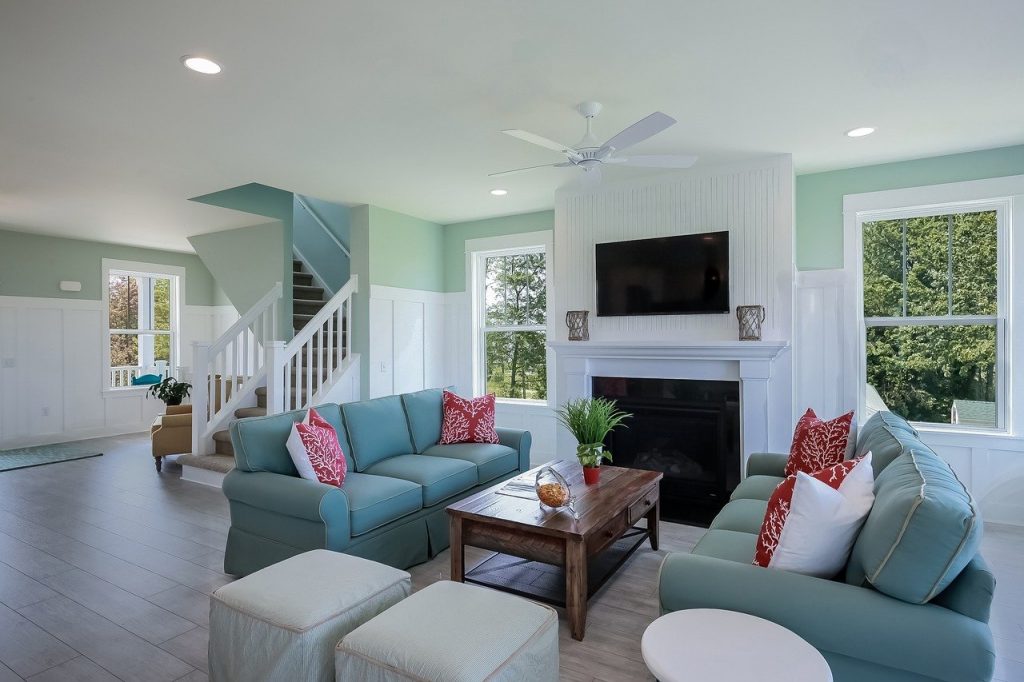
Manufactured Home vs. Trailer Park Home: What’s the Difference?
When you hear the term manufactured home, mobile home, or trailer park home, probably the first thing that comes into…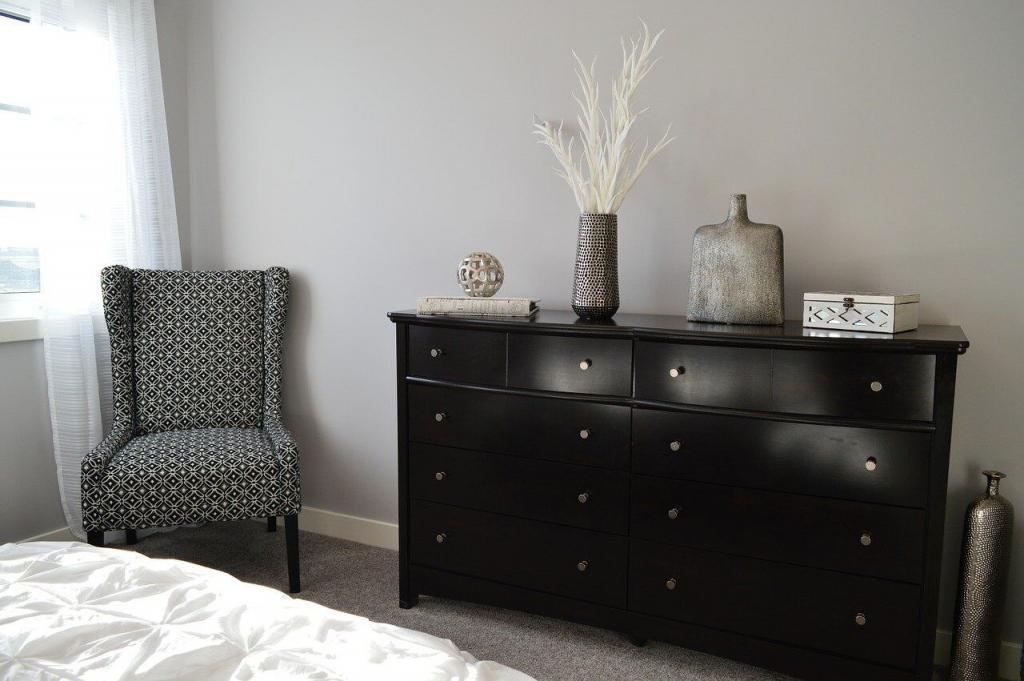
The Advantage to Buying a Mobile Home vs. Renting
There is no denying that what is manufactured housing is the most affordable housing option these days, especially if you…
Double-Wide Manufactured Homes: What You Need to Know
Today’s double-wide homes are truly a sight to behold. Gone are the days when there was a certain stigma attached…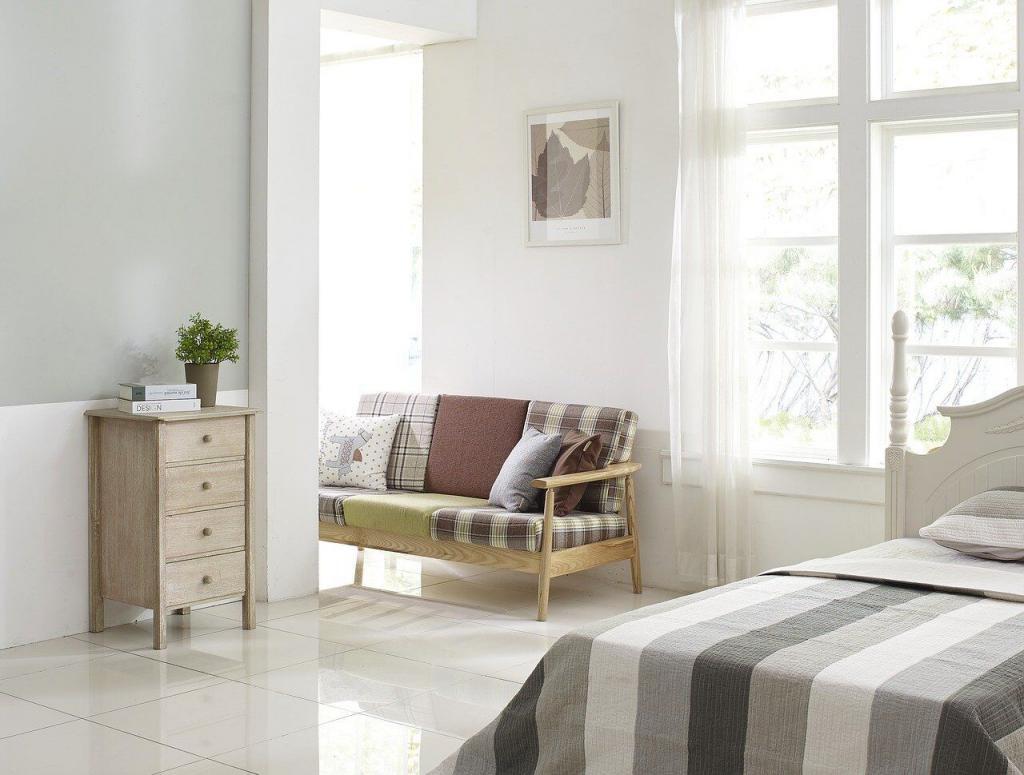
Moving into a Manufactured Home During Summer: 5 Tips
Moving into a manufactured home in Fenton, Michigan is a dream come true. This area of Michigan has it all,…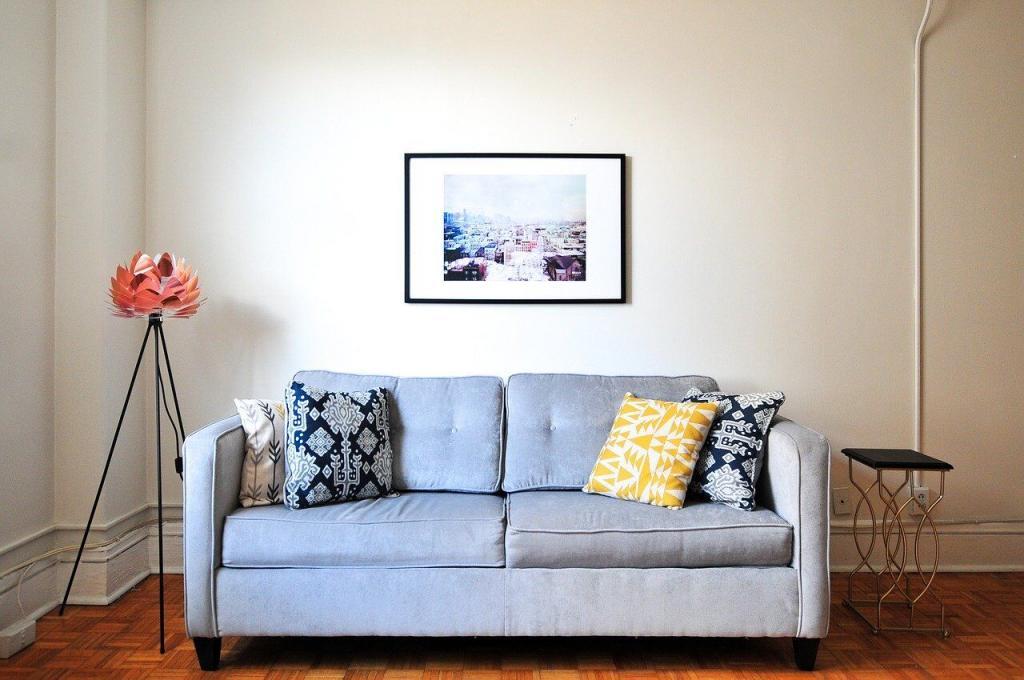
The Benefits of Living in a Manufactured Home
A decline in economic activity characterizes a bad economy. It often occurs when there’s a widespread drop in spending. It…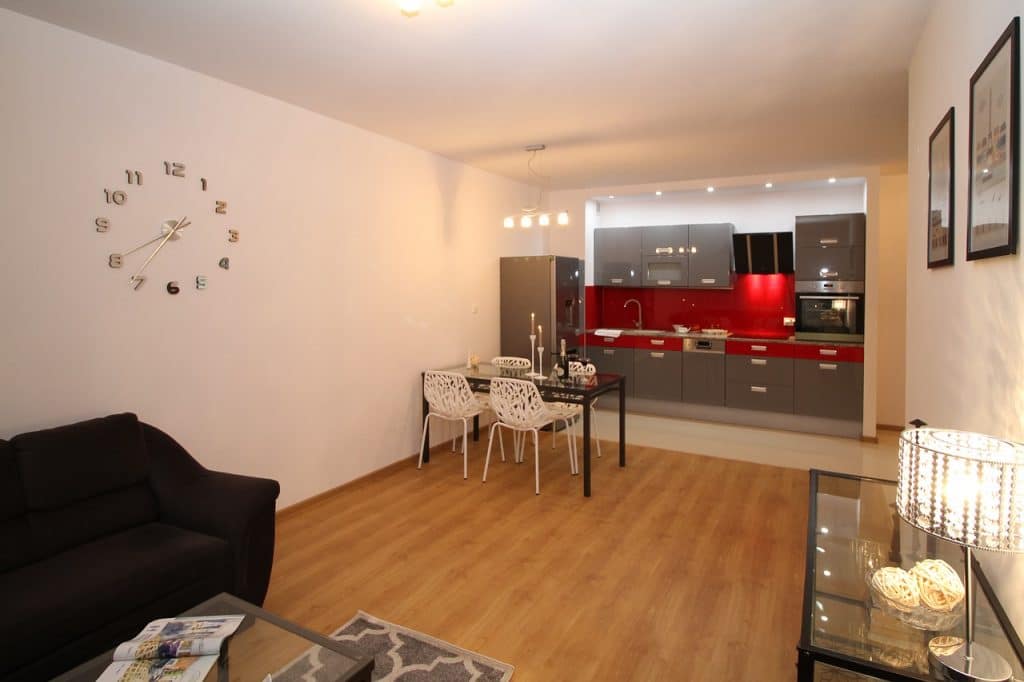
Tips for Buying a Manufactured Home
Manufactured homes are now the most preferred homes for boomers seeking to downsize for their next home, as well as…

